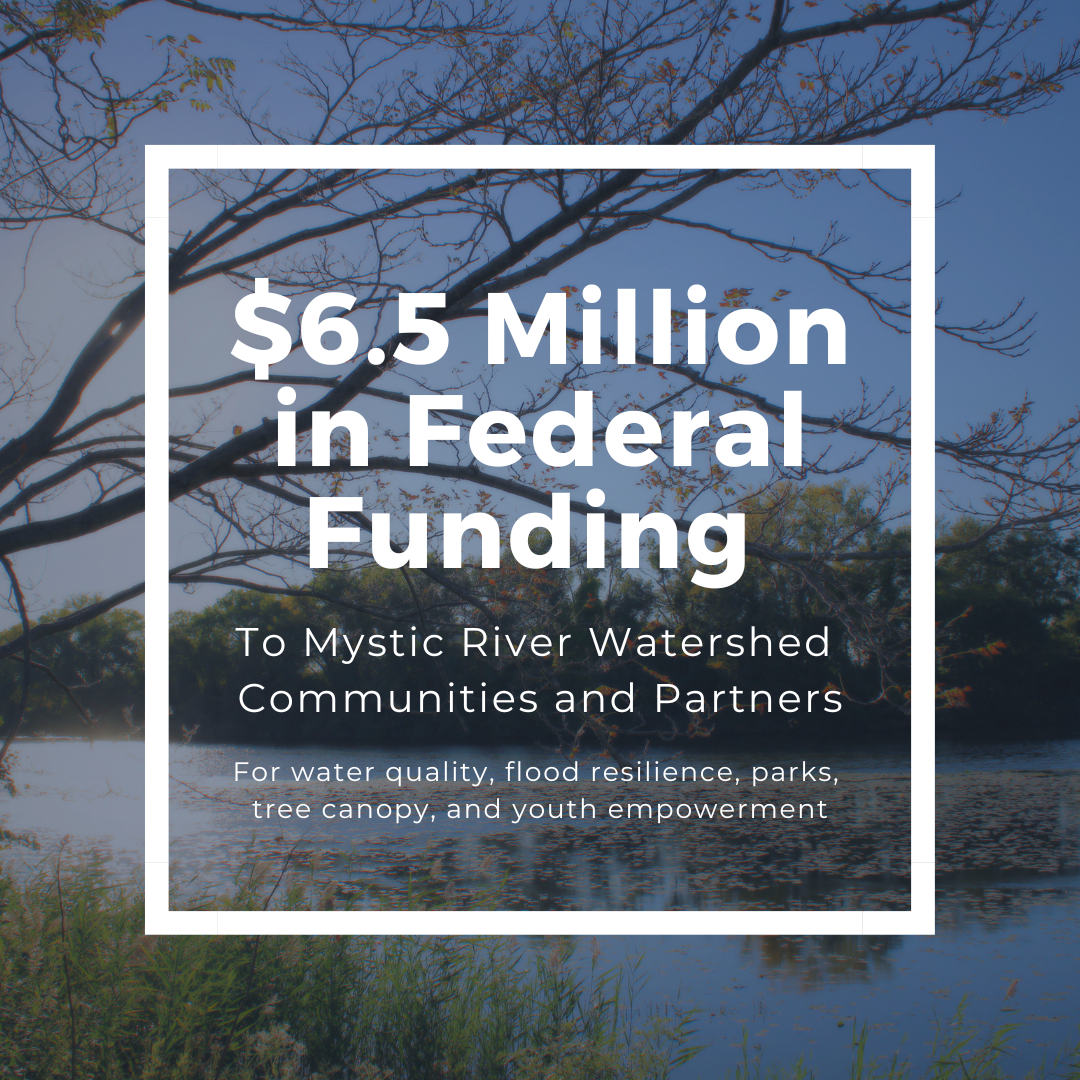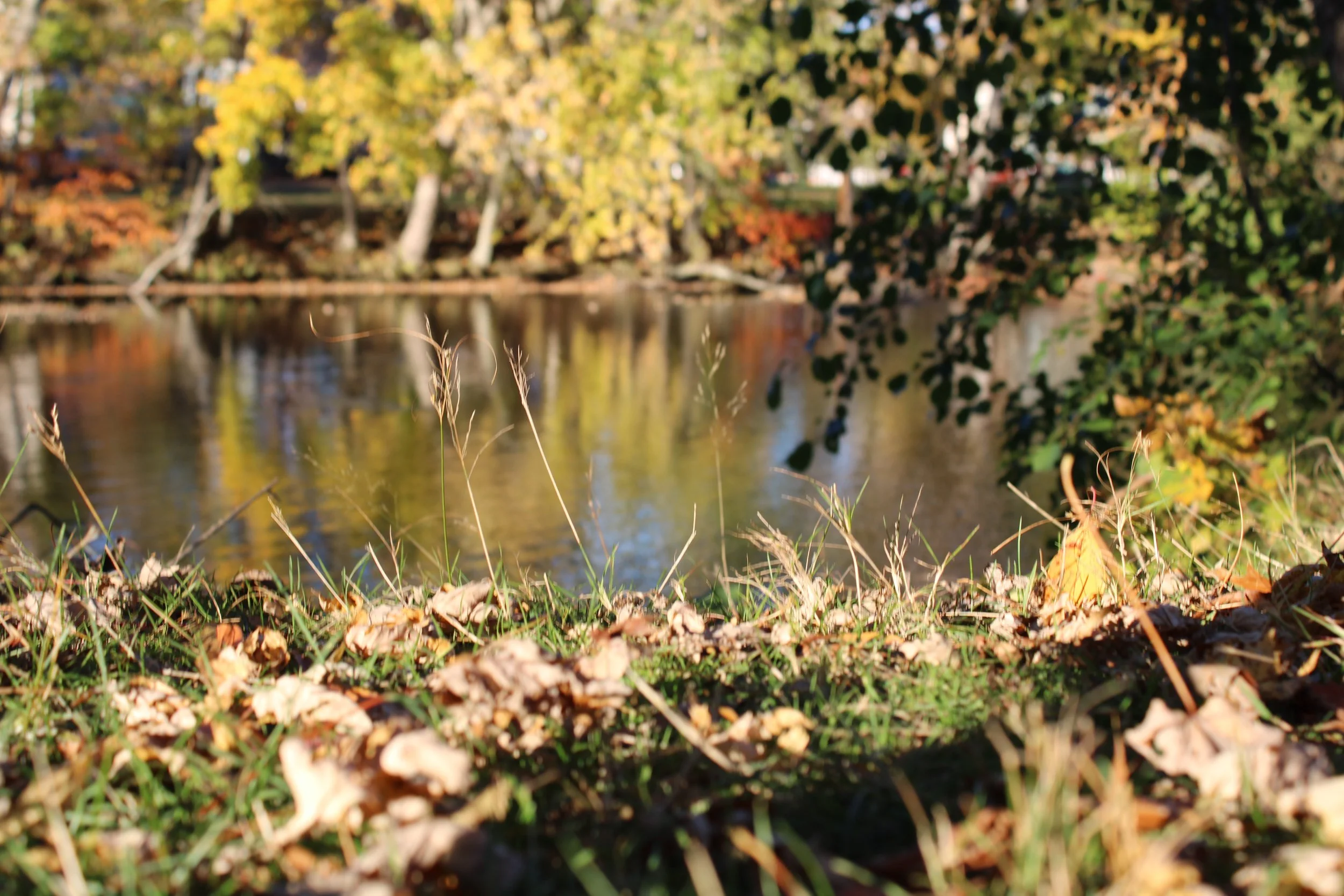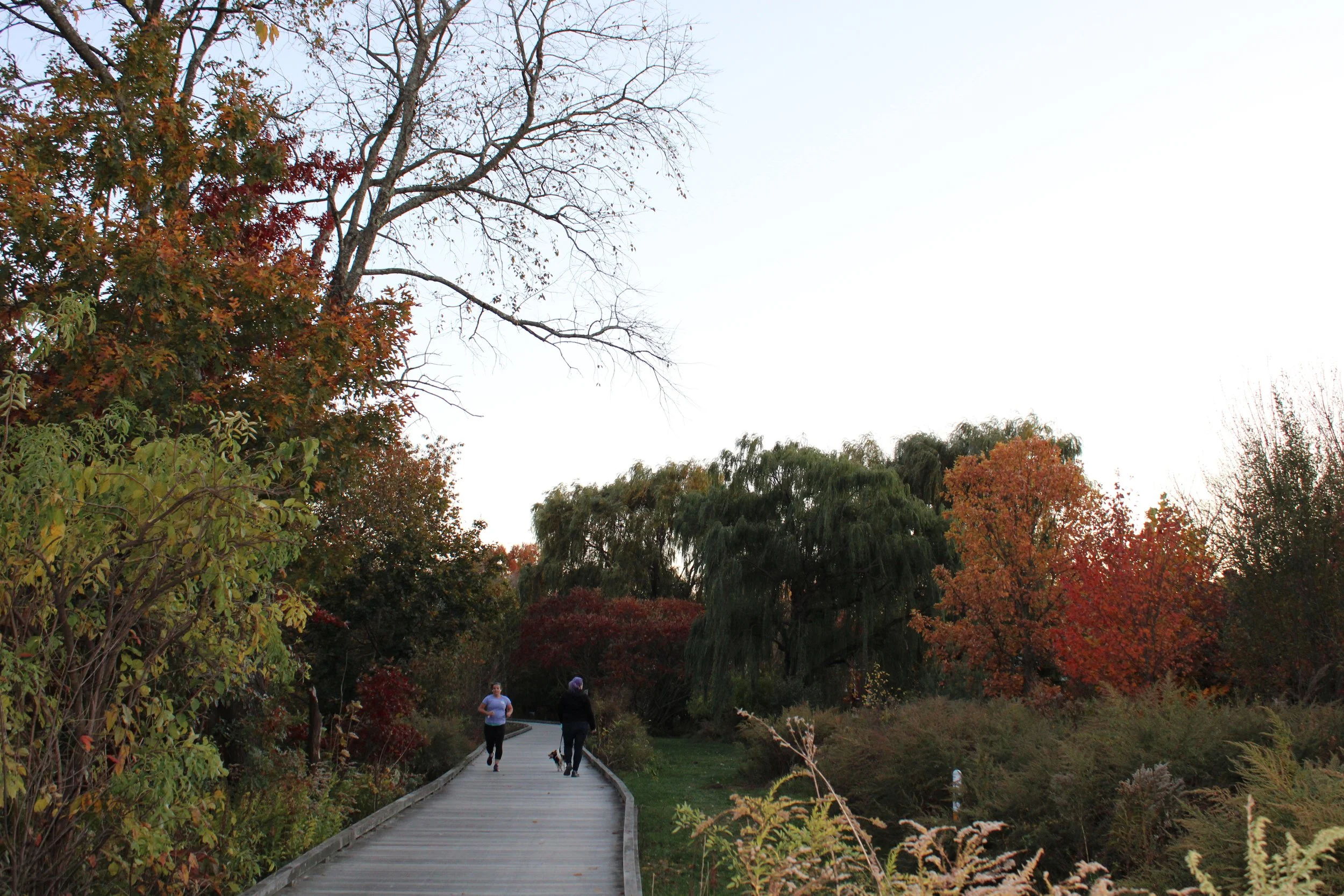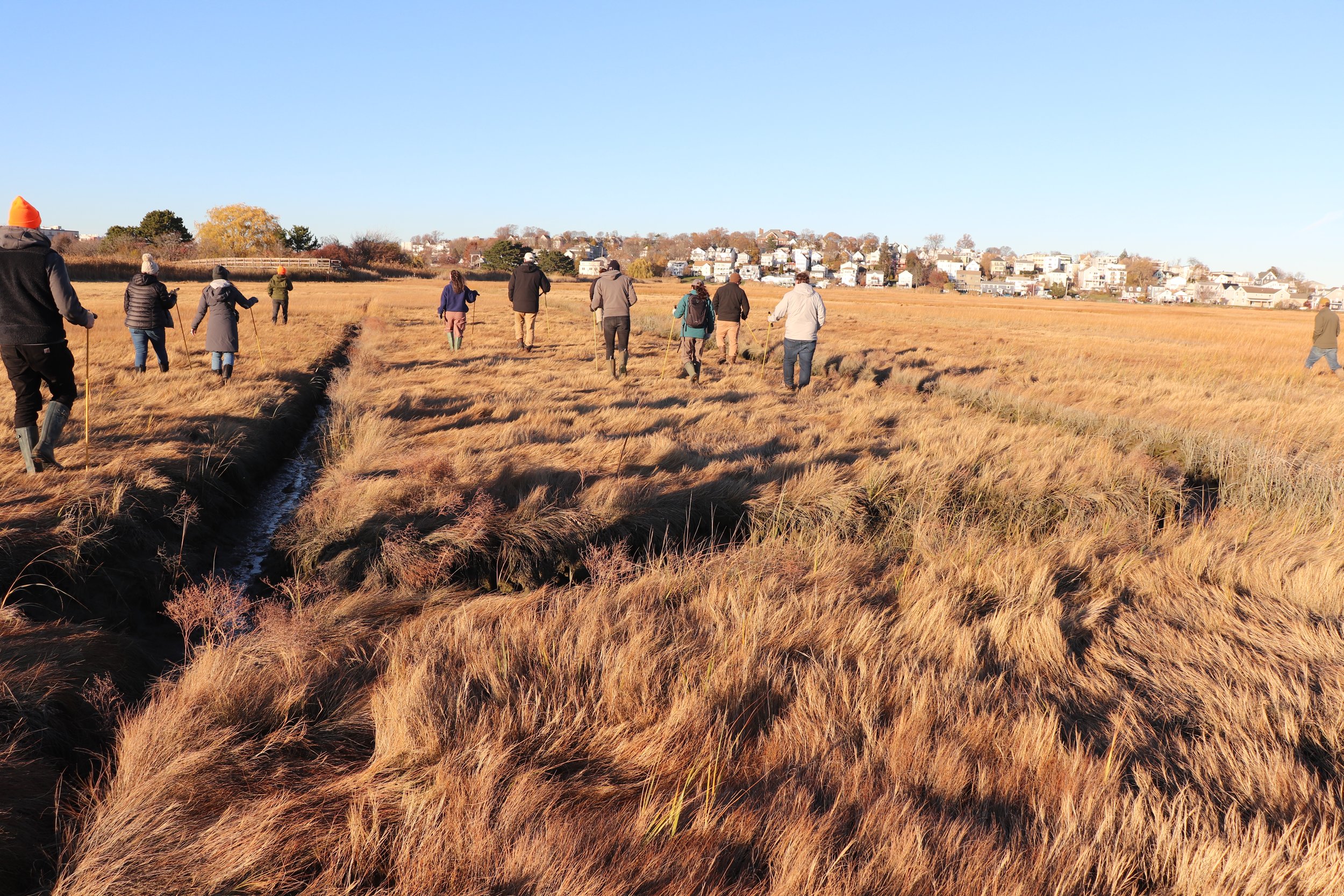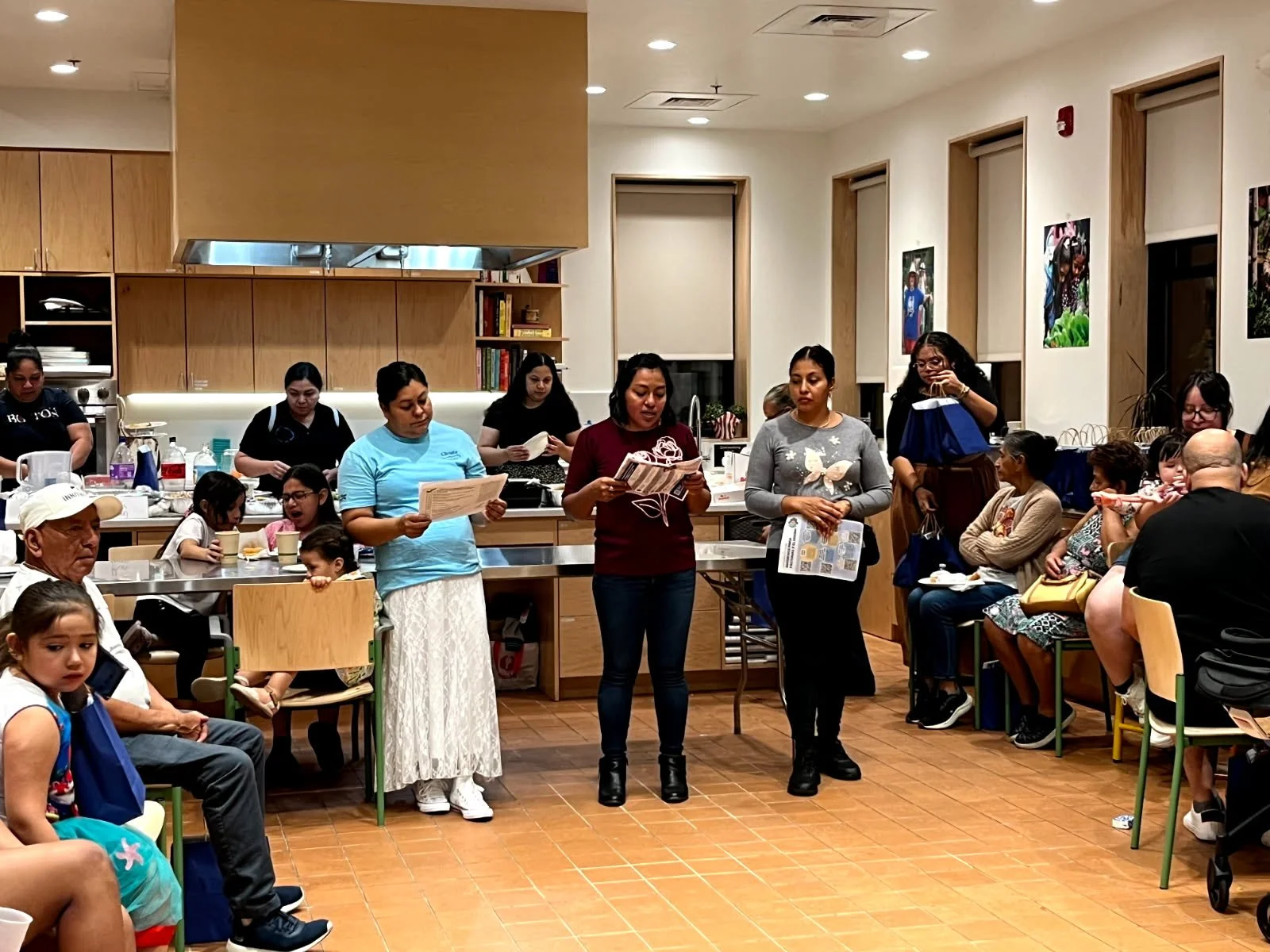News
$6.5 million on federal funding is coming to the Mystic thanks to the MA congressional delegation!
New combined sewer overflow proposal is a slight improvement over plans from last fall, but still falls short of what the public and our rivers deserve
An interview between Watershed Field Scientist Jennifer Delgado and the Island End River in Chelsea and Everett.
Nearly 350 people attended a public meeting about combined sewer overflows last week. Their sentiment was clear — let’s get sewage out of our rivers. These were our biggest takeaways.
Thank you for raising your voices against combined sewer overflows this month. Here’s where we are now and what to expect as the process moves forward.
Watershed Groups Seek to Intervene in Court Proceedings Following MWRA’s Proposal to Dump More Sewage in Charles and Mystic Rivers
The Malden River Trash Trap turns four years old on November 18th. Hear from MyRWA, Friends of the Malden River, and Gentle Giant Rowing Club about its successes and challenges over the years.

